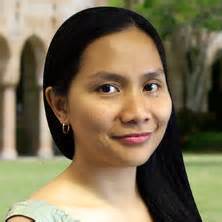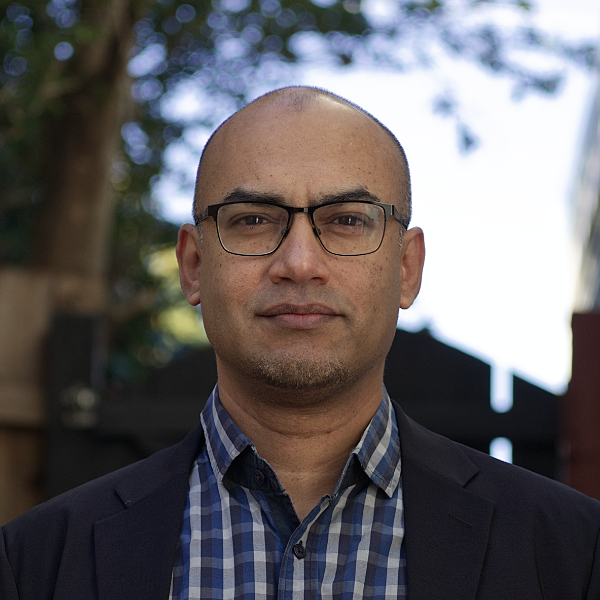What policy lessons can be drawn from responses to global health shocks build inclusive and resilient cities?
Globally, about 1.6 billion informal workers were impacted by lockdowns, mobility restrictions and other measures taken to tackle the COVID-19 pandemic. This proposal will examine COVID-19 policy measures and post-pandemic recovery plans across Southeast and South Asian regions to identify their impacts, gaps and lessons learned in addressing the needs of urban informal workers and in charting pathways to achieve greater resilience against similar shocks in the future. It will undertake an intensive review of relevant policy responses followed by a series of online policy dialogues with key government officials.
This project is part of the Research Studies Association (RSA) Policy Expo Grants Scheme 2021. The expo will unpack how urban poor communities, especially women informal workers, are (or likely to be) affected by these measures by engaging with grassroots organisations, NGOs and community groups. It will focus on three South Asian megacities (Dhaka, Hyderabad and Karachi) and two Southeast Asian megacities (Jakarta and Manila) that have been severely impacted by the pandemic.
Informality and Urban governance in South and Southeast Asian cities
This special issue aims to facilitate a collaborative investigation and debate at the intersection of urban governance and informality in Asian cities, with a specific emphasis on the governance of informal work during and ‘after’ the pandemic. It examines the variability of the impact of policy responses but also highlights urban informal workers’ capacity to bounce back through bottom-up grassroots responses from this global crisis, leading to alternative pathways to addressing future shocks, achieving inclusion, greater resilience and city leadership.
Paper submission due May 31st
Submission portal can be found on the journal Homepage here: https://www.elsevier.com/journals/urban-governance/2664-3286/guide-for-authors
-
RSA Policy Expo Call for Evidence
Led by the University of Melbourne, the project team composed of a consortium of Southern researchers is launching a global Call for Evidence (CfE). This CfE will inform the Regional Studies Association Policy Expo titled “Tackling a global pandemic in Asian Megacities: Uneven vulnerabilities, State responses and grassroots practices.”
-
RSA Regions Special Session
The University of Melbourne Team organised two online special sessions to dialogue about COVID-19 policy responses at the RSA's Global E-Festival Regions in Recovery.
-
Southern Built Environments Seminar Series
ABP Research Seminar Series 2022: Positioning the global south in Built Environments Curriculum. Register for the event.
-
Post-Pandemic Urbanism Research Seminar
ABP Research Seminar Series 2022: Positioning the global south in Built Environments Curriculum. Register for the event.
Project team
 Iderlina Mateo-Babiano, Associate Professor in Urban Planning, University of Melbourne
Iderlina Mateo-Babiano, Associate Professor in Urban Planning, University of Melbourne Redento Recio, Informal Urbanism Research Hub (InfUr)
Redento Recio, Informal Urbanism Research Hub (InfUr) Michele Acuto, Centre Director
Michele Acuto, Centre Director Kazi Nazrul Fattah, Visiting Fellow in International Urban Politics
Kazi Nazrul Fattah, Visiting Fellow in International Urban Politics Elisa Sutanudjaja, Rujak Center for Urban Studies
Elisa Sutanudjaja, Rujak Center for Urban Studies Ador Torneo, Jesse M. Robredo Institute of Governance, De La Salle University
Ador Torneo, Jesse M. Robredo Institute of Governance, De La Salle University- Nausheen Anwar, Karachi Urban Lab (KUL)
 Noman Ahmed, NED University of Engineering and Technology
Noman Ahmed, NED University of Engineering and Technology Anant Maringanti, Hyderabad Urban Lab (HUL)
Anant Maringanti, Hyderabad Urban Lab (HUL) Aalok Khandekar, India Institute of Technology (IIT)
Aalok Khandekar, India Institute of Technology (IIT) Mehnaz Rabbani, BRAC University
Mehnaz Rabbani, BRAC University
Project partners
 Rujak Center for Urban Studies, Jakarta, Indonesia
Rujak Center for Urban Studies, Jakarta, Indonesia Jesse M. Robredo Institute of Governance, De La Salle University, Manila, Philippines
Jesse M. Robredo Institute of Governance, De La Salle University, Manila, Philippines- Karachi Urban Lab (KUL), Karachi, Pakistan
 NED University of Engineering and Technology, Karachi, Pakistan
NED University of Engineering and Technology, Karachi, Pakistan BRAC University, Dhaka, Bangladesh
BRAC University, Dhaka, Bangladesh Hyderabad Urban Lab (HUL), Hyderabad, India
Hyderabad Urban Lab (HUL), Hyderabad, India India Institute of Technology (IIT), Hyderabad, India
India Institute of Technology (IIT), Hyderabad, India

